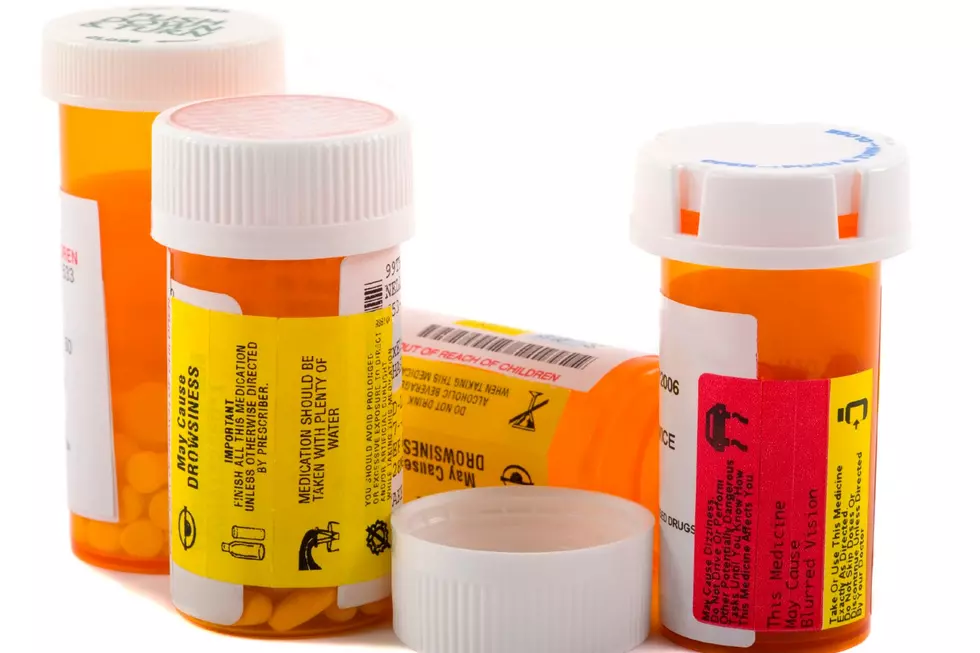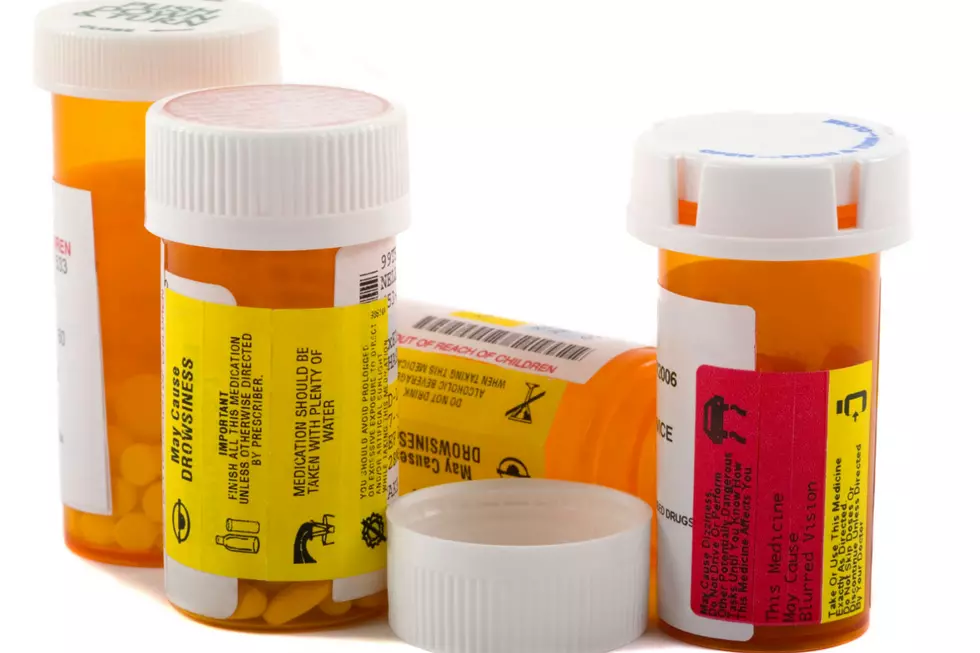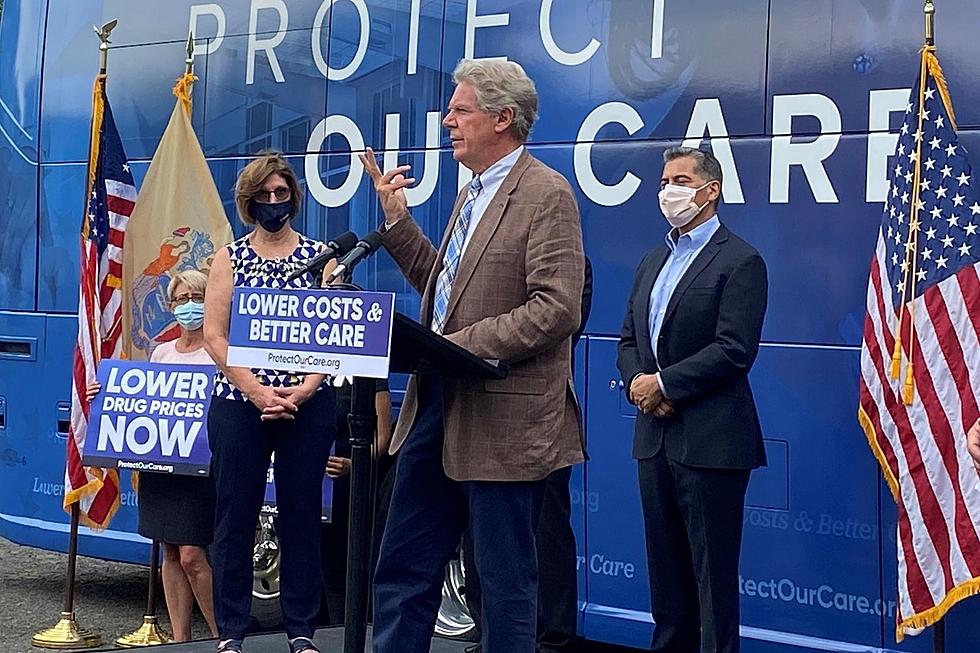![Preventing Drug Abuse Starts At Home [SERIES]](http://townsquare.media/site/385/files/2012/08/Medicine-Cabinet.jpg?w=980&q=75)
Preventing Drug Abuse Starts At Home [SERIES]
This is the final part in a week-long series about the abuse of heroin and other opiates among New Jersey's youth. Stacy Proebstle talks to recovering addicts, parents, prevention specialists, substance-abuse professionals and law enforcement officers to address current trends and issues along with possible solutions. Read the full series here.
Because prescription drugs are most often in a medicine cabinet with easy access, steps need to be taken when it comes to your medication.
"Keep them out of the reach of children and lock them up" said Angelo Valente, executive director of the Partnership For A Drug Free New Jersey.
Step two is to know and understand what's in your medicine cabinet.
"If you have medicines that you no longer need or use, dispose of them safely and we have many ways in the state to do that, with both permanent drop off-sites and a nationwide take back day happening September 29th."
Don't share your medicines.
"Medicines are prescribed to an individual with an understanding of their particular health circumstances so don't share what you have from the doctor, its not helping anyone" said Valente.
Finally, and most importantly, talk to your kids about the dangers of medicine abuse.
"Kids unfortunately have this misconception about prescription drugs, that its safe, if my grandmother uses it then so can I, and we know that it can become highly addictive."
Parents should also be aware of the signs in their children.
"A change of friends, less interest in activities they used to enjoy, major grade slips" said Valente.
"Parents need to act early to stop these problems before they get out of control."
RELATED:
More From New Jersey 101.5 FM









